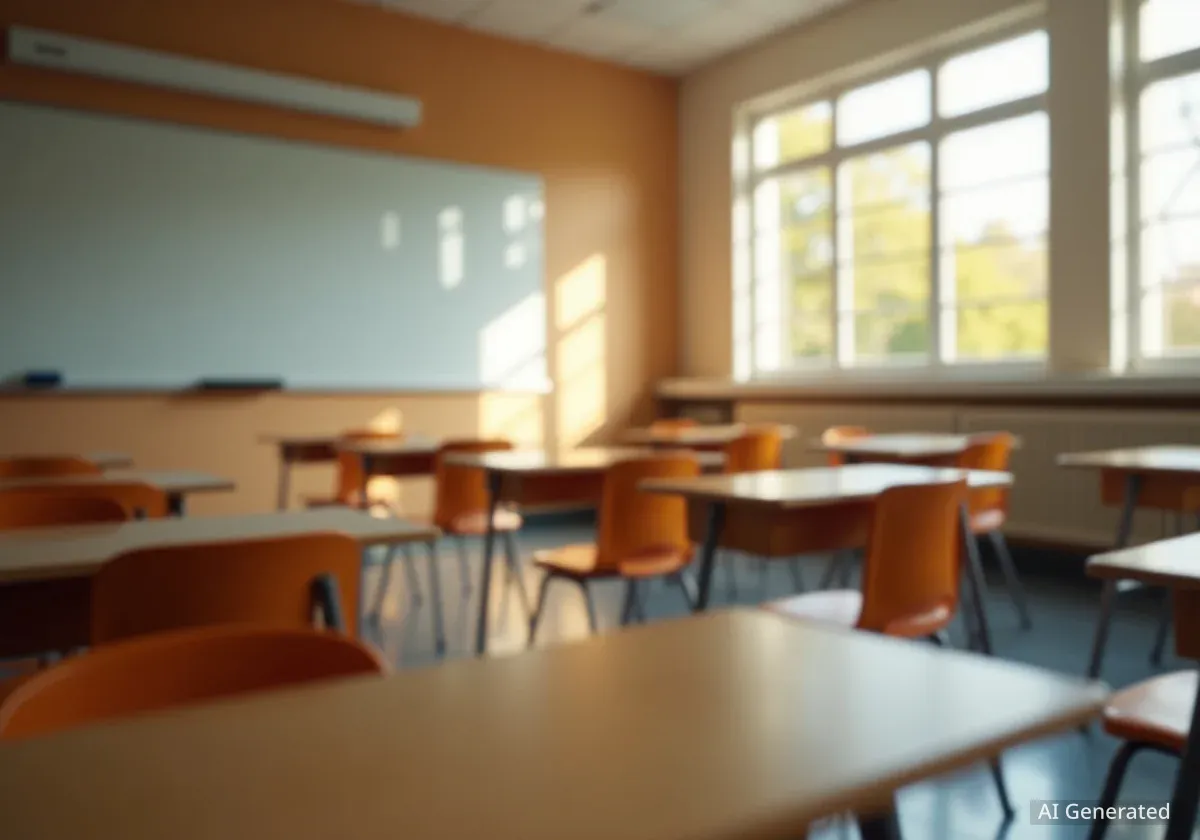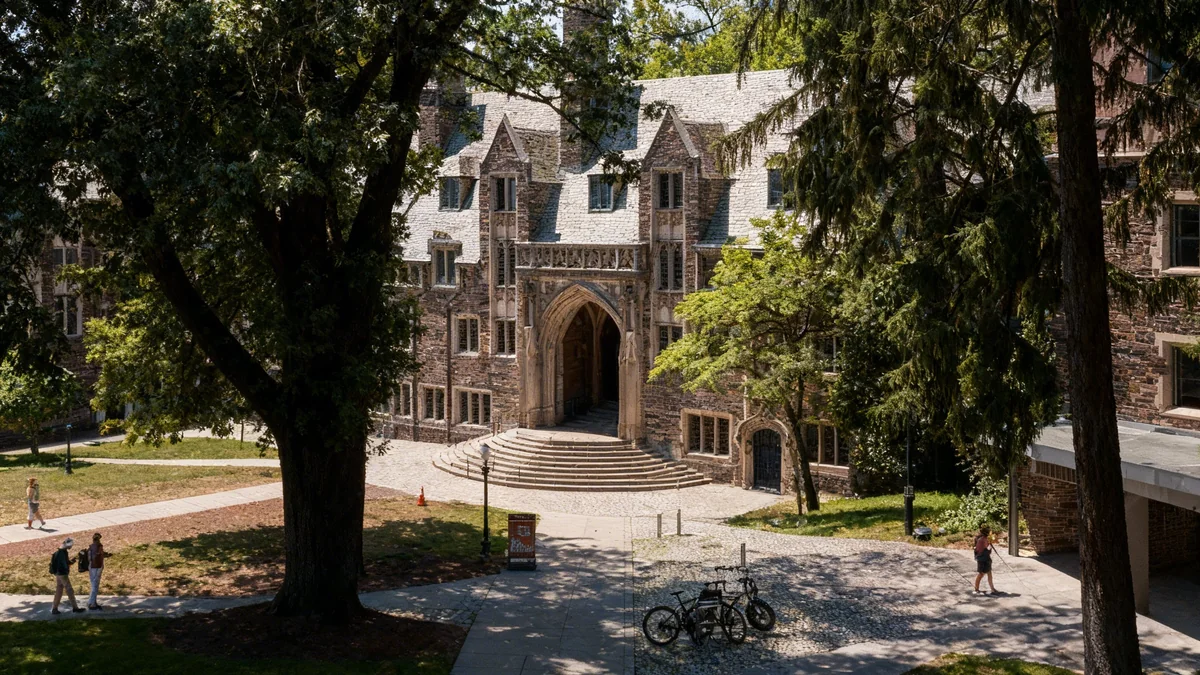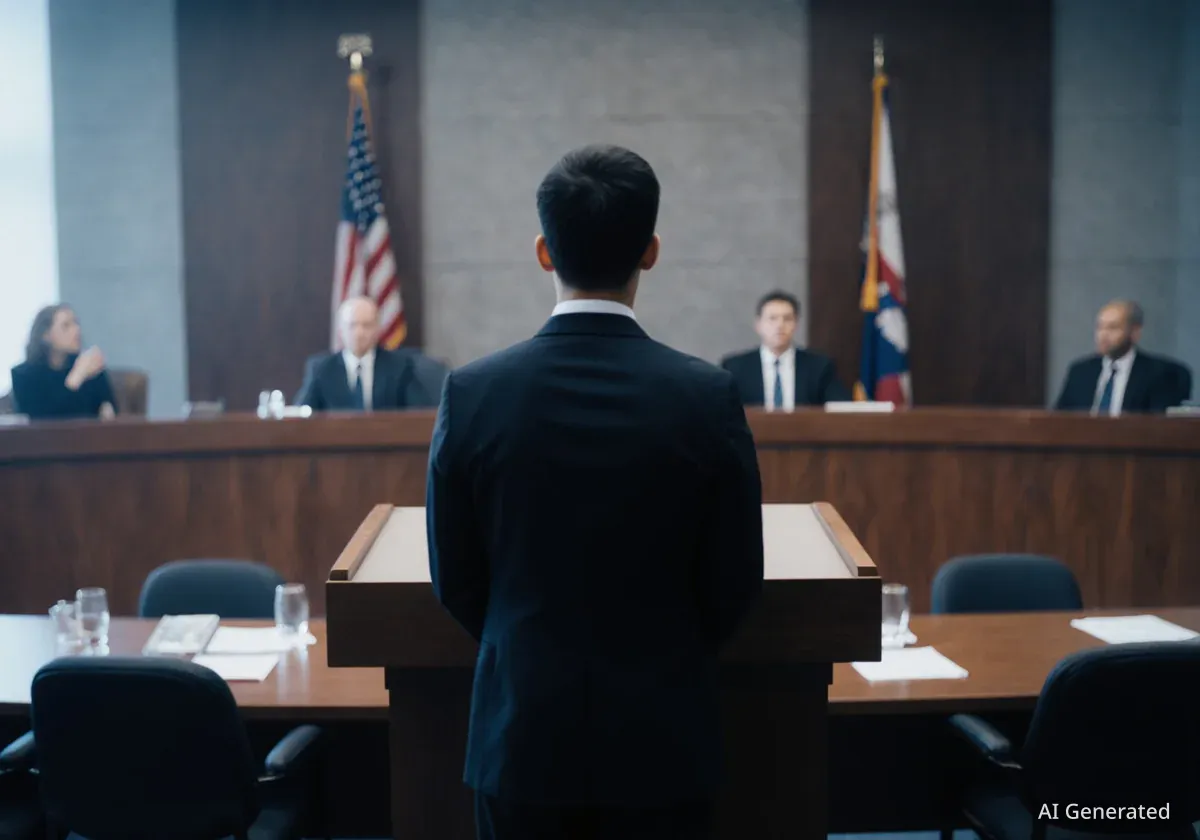A legal challenge against a new Texas law requiring public schools to display the Ten Commandments has expanded, with a second lawsuit targeting an additional 14 school districts. This brings the total number of districts facing legal action to 25, as parents argue the mandate violates the constitutional separation of church and state.
The latest lawsuit, filed in the U.S. Western District of Texas, contends that the state law imposes a specific religious text on a diverse student population, infringing upon the religious freedom of students and families from various faith backgrounds and those with no religion.
Key Takeaways
- A new lawsuit has been filed against 14 additional Texas school districts over a law mandating the display of the Ten Commandments.
- This increases the total number of districts involved in legal challenges to 25 across the state.
- The core of the lawsuits is the argument that the law violates the U.S. Constitution's separation of church and state.
- The law, Senate Bill 10, specifies the use of the Protestant version of the Ten Commandments, which plaintiffs say excludes other faiths.
Legal Battle Expands Across Texas
The controversy began after the Texas legislature passed Senate Bill 10, a measure signed into law by Governor Greg Abbott. The law mandates that a poster or framed copy of the Ten Commandments be displayed in a "conspicuous place" in every public elementary and secondary school classroom.
An initial lawsuit was filed last month against 11 school districts, including several in the San Antonio area like Alamo Heights, Northside, and Northeast ISD. A federal judge in San Antonio responded by issuing an injunction, temporarily blocking those specific districts from displaying the posters.
The new legal action, filed on September 22, significantly widens the scope of the opposition. It adds 14 more Independent School Districts (ISDs) to the list of defendants. These districts include Conroe, Comal, Georgetown, Flour Bluff, Fort Worth, Arlington, McKinney, Frisco, Northwest, Azle, Rockwall, Lovejoy, Mansfield, and McAllen ISDs.
According to the latest court filing, some districts named in the initial lawsuit allegedly proceeded with posting the displays despite the court's injunction, prompting further legal scrutiny.
Statewide Impact
The 25 school districts currently facing lawsuits represent approximately 2% of the more than 1,200 public school districts operating in Texas, as reported by the Texas Comptroller of Public Accounts.
The Central Constitutional Question
At the heart of the legal challenges is the Establishment Clause of the First Amendment to the U.S. Constitution, which prohibits the government from establishing an official religion. For decades, the Supreme Court has interpreted this to mean public schools cannot endorse or promote religious beliefs.
Parents from various faiths, including Christianity, Judaism, and others, as well as those with no religious affiliation, have joined the lawsuits. They argue that the state is imposing one specific religious viewpoint on all students.
Separation of Church and State
The principle of separating church and state is a foundational concept in U.S. law. It ensures that government entities, including public schools, remain neutral in matters of religion, neither favoring nor disfavoring any particular faith. Supreme Court rulings, such as Stone v. Graham (1980), have previously found similar state laws requiring the posting of the Ten Commandments in schools to be unconstitutional.
The lawsuit highlights that the Texas law is prescriptive, demanding the display of a specific Protestant version of the Ten Commandments. This is a critical point for the plaintiffs, as different Christian denominations, as well as Judaism, have varying versions of the text.
"This simply cannot be reconciled with the fundamental religious freedom principles that animated the Founding of our nation. These Founding principles are reflected in a long line of Supreme Court jurisprudence that prohibits public schools from imposing religious doctrine and practice on students."
This quote from the lawsuit emphasizes the plaintiffs' position that the mandate is a direct imposition of religious doctrine, not a neutral display of a historical document.
Arguments For and Against the Law
A Foundation for Moral Conduct
Supporters of Senate Bill 10 argue that the Ten Commandments offer a foundational moral code that is beneficial for all students, regardless of their religious background. They see the text not just as a religious document, but as a historical source of law and ethics that has influenced Western civilization.
This viewpoint suggests that principles like "Thou shalt not kill" and "Thou shalt not steal" are universal moral standards that contribute to a positive learning environment. High-profile figures, including actor Matthew McConaughey in a discussion on a podcast, have echoed similar sentiments, framing the commandments as a basic guide for ethical behavior that transcends specific religious beliefs.
Concerns Over Religious Coercion
Opponents, however, maintain that the document is inherently religious. They argue that commandments such as "Thou shalt have no other gods before me" and "Remember the sabbath day, to keep it holy" are explicitly theological and cannot be separated from their religious context.
For families who practice non-Christian faiths or are non-religious, the daily presence of these state-mandated posters can feel exclusionary and coercive. The plaintiffs assert that public schools should be welcoming to all students, and endorsing one religion's sacred text undermines that goal.
- Exclusion of Other Faiths: The law's focus on a Protestant text ignores the diversity of religious beliefs within Texas.
- Impact on Students: It may put students from minority religious backgrounds in an uncomfortable position.
- Role of Public Education: Opponents argue that moral education can be taught effectively without relying on religious texts.
What Happens Next
With the new lawsuit filed, the 14 named school districts will be given time to formally respond to the allegations. The case will be heard in a federal courtroom in the U.S. Western District of Texas. It will likely be several weeks before a hearing date is scheduled.
A spokesperson for Lake Travis ISD, one of the districts involved in the initial lawsuit, stated that the district is complying with the court's injunction. "Since the ruling and with the injunction now in place, we are blocked from displaying the Ten Commandments at this time," the spokesperson said. "As for next steps in general, we will await further court developments."
Should the judge grant another injunction, it would only apply to the 14 districts named in this specific lawsuit. The legal battles are expected to continue, potentially setting up a significant court decision on the boundaries of religious expression in public education in Texas and across the nation.





